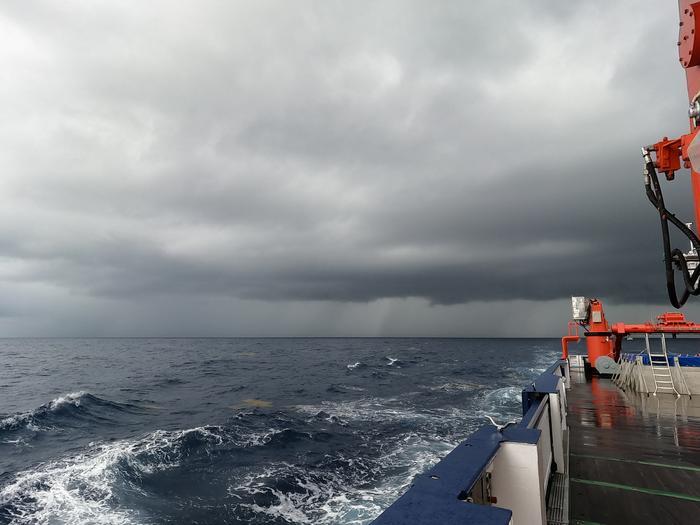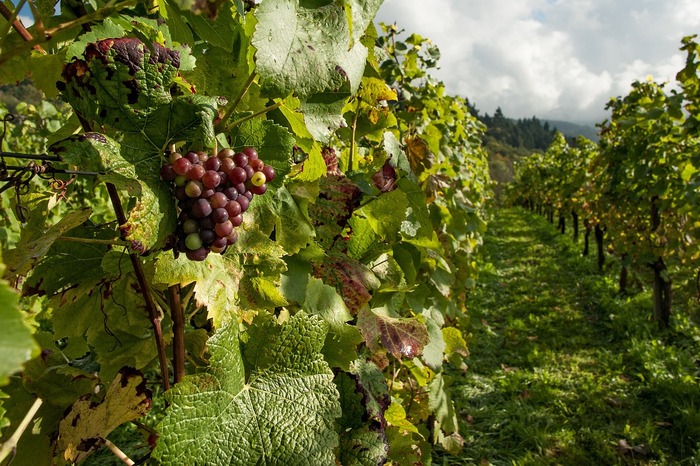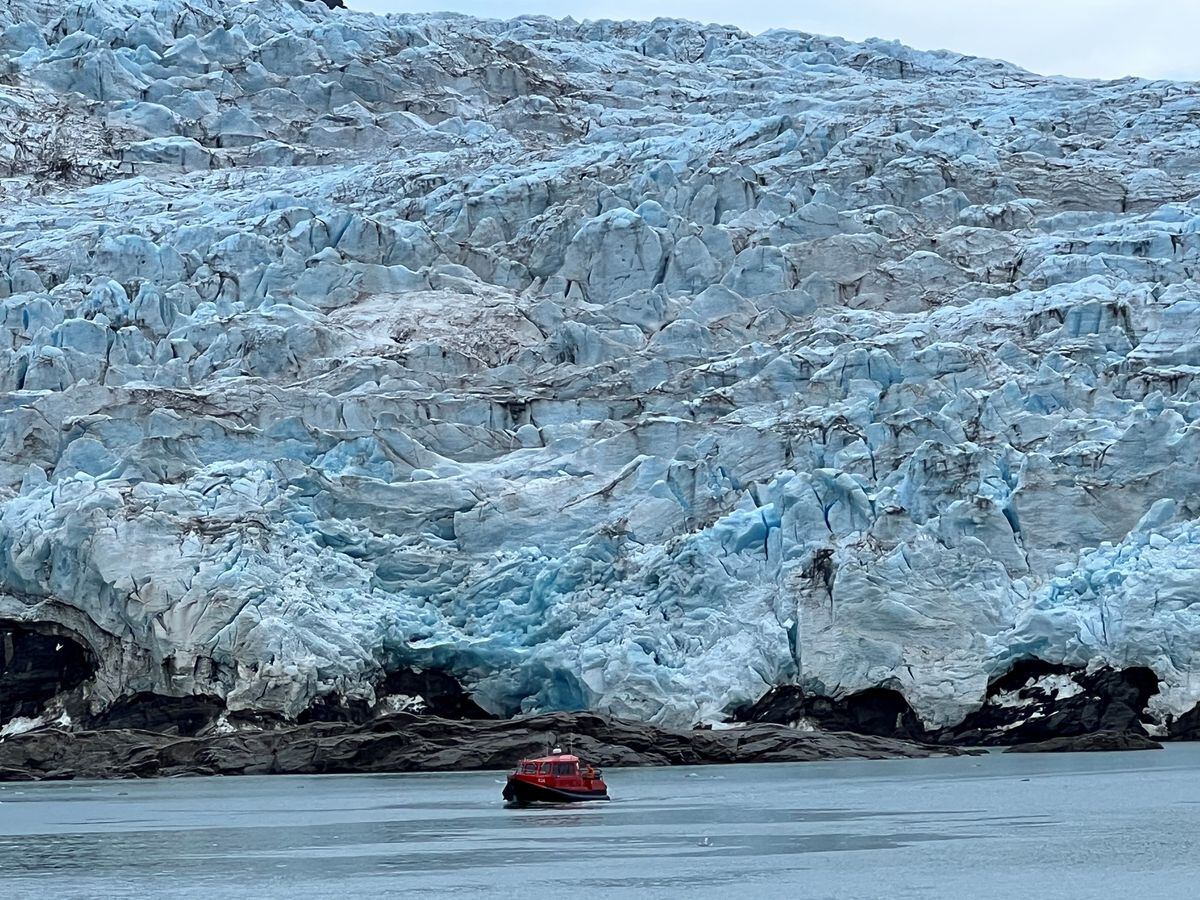Enlarge image
Albatross couple in the Falkland Islands
Photo: MARTIN ZWICK / imago images / UIG
Albatrosses are loyal souls.
The animals return to a common breeding site year after year of their relatively long life.
But even an albatross marriage doesn't always last forever.
Researchers have now discovered that there is one main factor that can lead to separation: difficult environmental conditions.
In years with warm sea surface temperatures, as can be expected in the course of climate change, the pairs of birds separated more often than in more favorable conditions.
It is an advantage for long-lived seabirds such as albatrosses, whose life expectancy is several decades, to bond closely with a partner.
You benefit from years of shared experience and coordination.
Once grown up, the birds have high survival rates - the risk that a bird will wait in vain for its partner and miss the breeding season is correspondingly low.
From an evolutionary point of view, it is therefore worthwhile to forego the exhausting search for new, potentially more promising partners.
Albatross pairs come ashore almost exclusively for brood and brood care, mostly they only lay one egg.
The preferred nesting sites are cliffs on the islands off the Antarctic, where the heavy birds can take advantage of the wind when they take off.
As elegant as they appear in the air, the take-offs and landings of the animals often appear clumsy and awkward.
Divorce rate up to eight percent
The team led by Francesco Ventura from the University of Lisbon has been using data obtained on black-browed albatrosses on the Falkland Islands since 2003.
The population there is growing overall, the survival rate of the chicks is very high.
It is lower especially in years when the sea surface temperatures in the birds' preferred fishing areas are warmer than usual, which changes the food chain to the detriment of the albatross.
According to the data collected from five colonies, the "divorce rate" varied annually and was between one and eight percent. On average, only 37 out of 1000 couples separated from season to season. Cases in which a partner did not return to the hatchery, i.e. had probably died, were not included. Couples separated mainly after a failed breeding season, i.e. when they did not manage to raise a young together, as the scientists report in the journal "Royal Society B: Biological Sciences". This, in turn, was especially the case in the years with high water temperatures. Females were more likely to find a partner than males.
Previous studies have shown that adverse environmental conditions and lack of food in seabirds are associated with higher levels of
stress hormones.
A female stressed by the - possibly in vain - efforts of a difficult breeding season is more likely to break the bond with the partner and look for a new one, even if the couple had previously successful broods.
Their study provides evidence of a clear influence of environmental conditions on the frequency of separation in a long-lived, monogamous species, the researchers conclude.
Similar phenomena could also exist in other bird and mammal species.
In the course of the massive changes caused by climate change, this could be a previously underestimated factor.
Rare guest at the North Sea
Black-browed albatrosses (Thalassarche melanophris) often sail across the sea for weeks without a break and can cover immense distances.
The main food is squid, fish and other marine animals.
A black-browed albatross has achieved some fame and has visited the North Sea several times in recent years, including on Sylt and Heligoland.
joe / dpa















